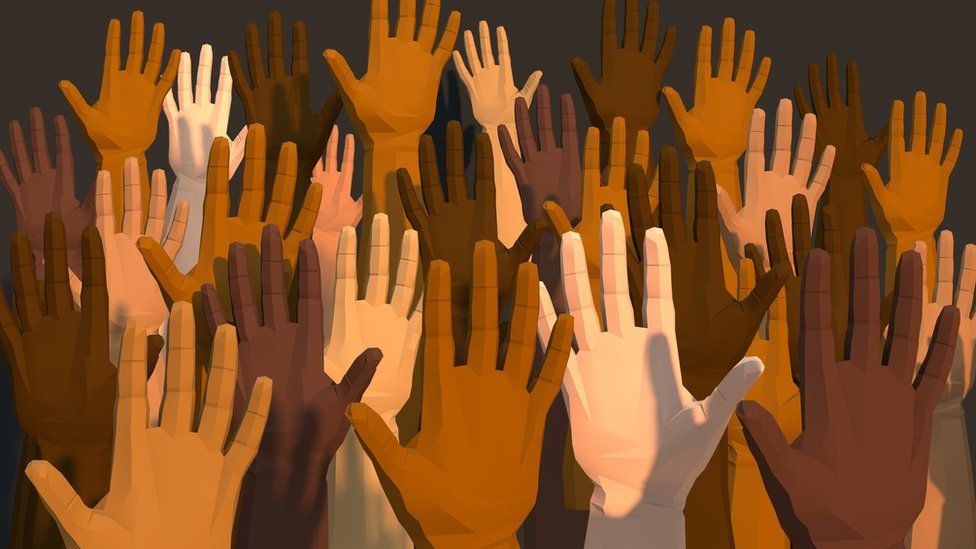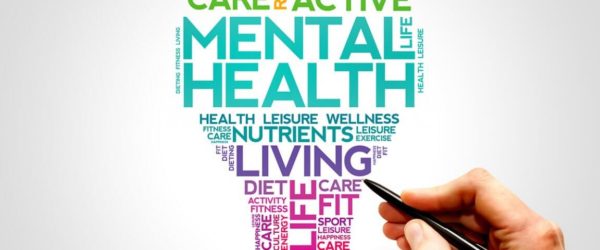The effect of racism and discrimination on mental health
Racism is prejudice against an individual, community or institution due to their race or ethnic group. Discrimination is the unjust treatment towards individuals due to their ethnicity, age, sex, or disability.
Types of racism and discrimination
There is systemic racism, interpersonal, institutional, internalised, reverse racism, oppression, and racial trauma. The equality act only protects individuals who have a disability, and this can be experienced in more than way. There is direct discrimination, discrimination arising from disability, indirect discrimination, harassment and victimisation. Other types of discrimination include sexual harassment, pregnancy and breast feeding, sex, carers, homosexual, transgender, race, marital or domestic status and vilification discrimination.
Impact on wellness
Both can create a feeling of exclusion, humiliation, or degradation. The belief that one race is more inferior or superior to another creates segregation, loneliness and can wear your mental health down tremendously. You can experience racism and discrimination anywhere, from being treated unfairly in a workplace to a discriminative treatment from your neighbour. To feel uncomfortable in an environment as if you don’t belong in a society is cruel and can have a severely and significantly impact one’s life negatively.
Depression, post-traumatic stress disorders, anxiety, psychosis, obesity, insomnia, and eating disorders are the most common mental health conditions that arise as a result of racism and discrimination. There are also physical conditions such as high blood pressure, inflammation, and heart disease due to the high level of stress hormones released in those who face this.
The centre for disease control and prevention (CDC) found that ethnic minority groups have more health conditions compared to white counterparts. The association between racism and mental health is twice as strong as racism and physical health. Furthermore, the fear of experiencing racism itself is damaging too, making someone lose motivation and hope. Even if you don’t experience racism and discrimination, witnessing it can influence how the brain develops and can impact memory and learning as well as intensifying negative emotions.
Taking care of yourself
Prioritising self-help is essential if you are facing any of this. It is key to reach out to others to share your emotions, to embrace who you are no matter what your race, ethnicity, age, sex, or disability is. Educate yourself on who you are and the history of your race. We all come from the same blood no matter what colour our skin is. Use your anger to channel creative pursuits or a hobby, learn something new. Being able to control your emotions is the biggest strength one can have and allows you to hone your emotional intelligence and make life a little easier. Exercise, eat well and take care of your mind and body. Therapy can certainly help with this.
Written by Maryam Fazalzadeha



